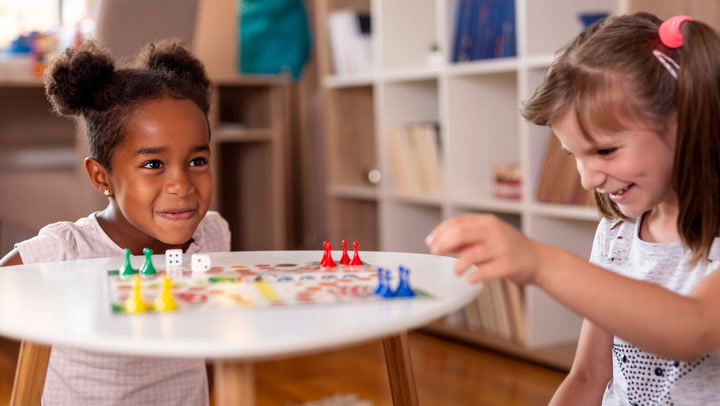
Importance of Role play Activity for Children in Early Age
March 1, 2024
Role play is an invaluable activity for children as it offers numerous benefits for their cognitive, social, emotional, and language development. Here are some reasons why children should invest time in role play:
1. Creativity and Imagination: Role play encourages children to use their imagination and creativity to create scenarios, characters, and narratives. Through pretend play, children can explore limitless possibilities and experiment with different roles and perspectives.
2. Problem-Solving Skills: Role play provides opportunities for children to encounter and solve problems within the context of their play scenarios. As they navigate various roles and situations, children develop critical thinking, decision-making, and problem-solving skills.
3. Social Skills: Role play promotes social interaction, cooperation, and collaboration as children engage in shared imaginative play experiences. They learn to negotiate roles, take turns, share resources, and resolve conflicts, fostering empathy, communication, and teamwork.
4. Language Development: Role play enhances language development as children engage in verbal communication, storytelling, and dialogue while portraying different characters and scenarios. They expand their vocabulary, practice grammar and syntax, and develop narrative skills through imaginative play.
5. Emotional Regulation: Role play allows children to explore and express a wide range of emotions within a safe and supportive environment. By assuming different roles and experiencing different perspectives, children develop emotional awareness, empathy, and self-regulation skills.
6. Cultural Understanding: Role play provides opportunities for children to explore and understand diverse cultures, traditions, and perspectives. Through role-play, children can learn about different occupations, lifestyles, and societal roles, fostering appreciation for diversity and cultural awareness.
7. Confidence Building: Role play boosts children’s self-esteem and confidence as they take on different roles, make decisions, and engage in imaginative storytelling. Success in role-play scenarios reinforces children’s sense of competence, autonomy, and self-efficacy.
8. Real-Life Preparation: Role play helps children make sense of the world around them and prepare for real-life situations. By simulating everyday experiences such as grocery shopping, cooking, or visiting the doctor, children develop practical life skills and gain confidence in navigating real-world scenarios.
Conclusion
Overall, role play is a valuable and enjoyable activity that supports children’s holistic development by nurturing their creativity, social skills, language abilities, emotional intelligence, and readiness for real-life experiences. Montessori schools should encourage children to invest time in role-play and provide them with a rich and meaningful learning experience that lays the foundation for lifelong learning and development.


